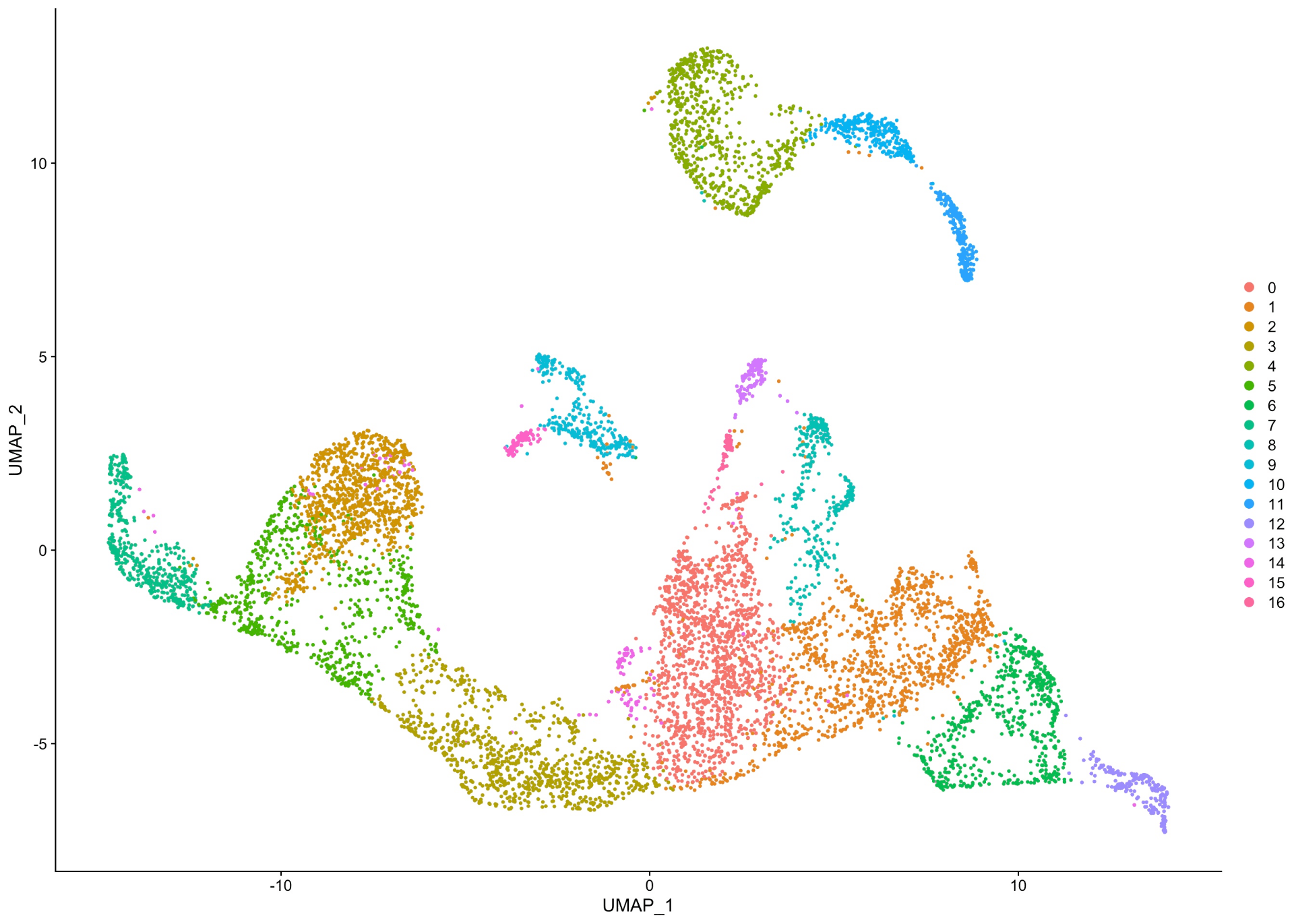Research overview
Our overarching goal is to improve the outcome for patients with myeloid neoplasms, particularly the high-risk subset unresponsive to current treatment protocols. In the last decade, the somatic mutations in myeloid malignancies have been well characterized. Many of these genetic changes impact tumor suppressor genes encoding transcription factors and epigenetic regulators. This presents a challenge for the field, as restoring the normal level or activity of an inactivated tumor suppressor gene has remained therapeutically elusive. Our lab is taking several different approaches to circumvent this problem in the context of -7/del(7q), a cytogenetic change present in half of high-risk myeloid neoplasms. CUX1 is a non-clustered homeobox transcription factor encoded on 7q and is recurrently mutated in hematopoietic and solid tumors. We reported that loss of CUX1 is sufficient to cause myeloid malignancies in mice. We are taking several approaches to identify druggable partners or pathways to target CUX1-deficient malignancies. In addition, we are identifying other tumor suppressor genes on 7q to understanding the molecular pathogenesis of 7q deletions and reveal new therapeutic vulnerabilities of chemoresistant disease.
In parallel, accomplishing this work will yield insight into several outstanding questions in developmental biology, cancer biology, and gene regulation. Our research program is investigating: i) transcriptional mis-regulation in cancer, and how transcription factor haploinsufficiency is interpreted at the cis-regulatory level; ii) the role of transcription factors in genome architecture and differentiation; iii) the probabilistic nature of stem cell fate determination; iv) chromatin remodeling in DNA repair; v) the contribution of en bloc genic haploinsufficiency due to large segmental deletions, ie. “contiguous gene syndromes” in cancer; and vi) how genetics and environmental exposures interact to promote cancer, with the goal of ultimately preventing this disease.
Ongoing and available projects in the lab
Hematopoietic stem cell regulation
Epigenetic regulation of cell fate specification
Red blood cell development and nuclear condensation
Anemia of myelodysplastic syndromes and bone marrow failure
Stem cell plasticity
Monosomy 7
Contiguous gene syndromes
Tumor suppressor genes
CRISPR/Cas9-based gene editing screens
CRISPR/Cas9-based modeling of aneuploidy
Collateral lethal treatment approaches
Therapy-related myeloid neoplasms
Clonal hematopoiesis
Chemoresistance
Differentiation therapy
Etiology of therapy-related myeloid neoplasms
Prevention strategies
Gene regulation in hematopoiesis
Single cell genomics
Epigenetics
Chromatin remodeling
Genome architecture
Transcription factor dosage
DNA damage response
Epigenetic regulation of DNA repair
Circumventing chemotherapy resistance
Collaborations with colleagues in method innovation
Synthetic lethality
Major approaches and models we commonly use.
AI – machine learning
Bioinformatics
Cell lines
Data mining
Functional genomics
Genetically-modified mouse models
Induced pluripotent stem cells
Primary human cells and patient samples
Proteomics
Lab environment
Diverse and inclusive
Enthusiastic
Collaborative
Hard-working

